On October 10, 1954, Hanoi was filled with joy as it welcomed the victorious army home. At the age of over 90, Colonel Nguyen Huu Tai, former Deputy Director of the Military Training Department, General Staff, still clearly remembers every image and sound of that historic morning, when he and his comrades entered to take over the capital amid cheers, brilliant flowers and tears of joyful reunion.

The day back to Hanoi is endless joy
“Over the past 70 years, I still feel moved when I remember the day we marched to Hanoi to take over the capital,” Colonel Nguyen Huu Tai emotionally began his story. Before taking over the capital, he was the Political Commissar of Regiment 209, Division 312, the unit that achieved a resounding victory at Dien Bien Phu, and was awarded the “Determined to fight, determined to win” flag by Uncle Ho.
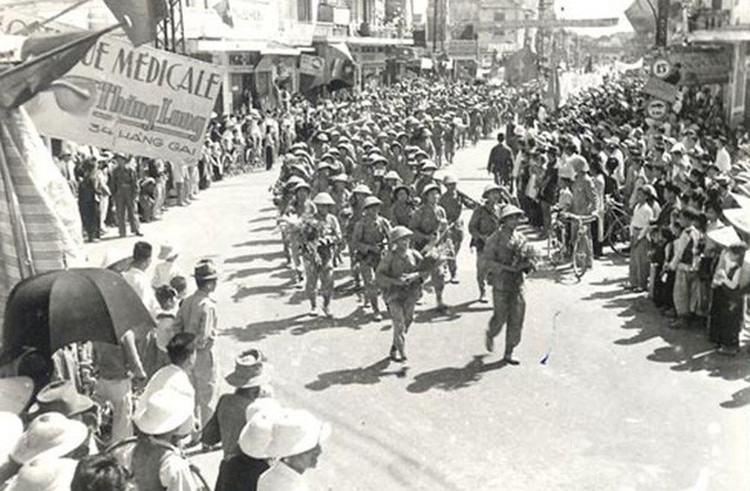
Before returning, the soldier's heart was filled with many aspirations and longings. Recalling the poem by poet Chinh Huu: "Remembering the night of departure, the earth and sky were on fire/ The whole capital was burning behind", he shared that when leaving, everyone longed to return, but not all of them could return. Many of his comrades remained on the battlefield. Therefore, for him, returning to Hanoi was an honor, pride and also a joy for those who had fallen.
On October 10, 1954, Hanoi burst into a sea of flowers and tears. “The whole city, young and old, men and women, young girls… people held flowers and wore beautiful clothes to welcome the army. The atmosphere of that day is still deeply imprinted in my memory,” Colonel Tai said emotionally.
For him, October 10, 1954 was not only a milestone in modern history but also the end of the "liberation of Thang Long" throughout the thousand years of building and defending the country. From here on, our country developed sustainably, and no enemy could invade the capital anymore.
Unforgettable memories
At that time, Colonel Nguyen Huu Tai was responsible for implementing the Party and State's policies and guidelines to artillery units, and at the same time supervising the implementation of those policies as well as military regulations in the newly liberated areas.
After taking over the capital, his daily job was to grasp the situation of life, activities and relations between the army and the people, ensuring that all actions were in accordance with discipline and standards. Every day, he had to send reports to the General Political Department on the army's activities in the city.
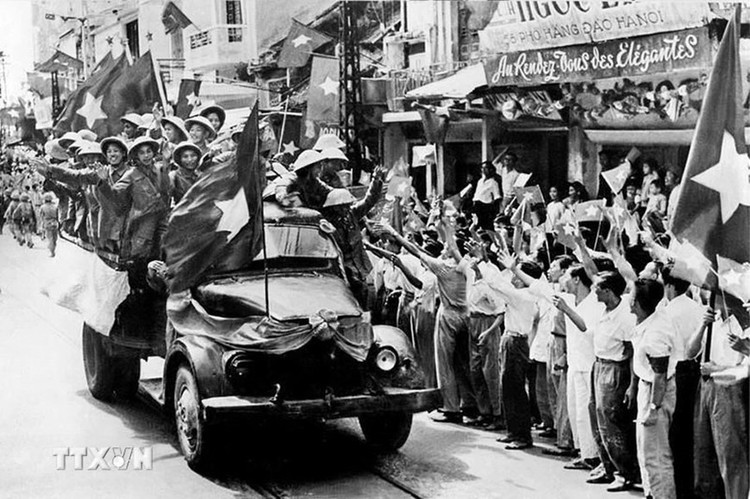
According to him, the discipline of the army at that time was both strict and came from a high sense of self-awareness.
“When entering the city, each cadre and soldier had to memorize 10 disciplinary rules and 8 liberated zone policies. We had to let the people see that Uncle Ho’s soldiers were different from other occupying forces, serious, friendly, close and absolutely did not violate discipline,” he said.
One memory that he will always remember is the first afternoon at Hoan Kiem Lake. He and his teammates were thirsty and sat down to rest on a stone bench. A little boy came over and offered him ice cream. After 8 years away from Hanoi, he did not know what ice cream was and craved it very much, but he and his teammates did not dare to buy it to show their spirit of obeying the rules when entering the city.
Every day, Colonel Tai had to monitor and report to the General Department of Politics the situation of the troops, from daily activities to contact with the people. “The spirit of discipline was very strict, but also very self-conscious. Our troops at that time were a shining example of morality, discipline and affection for the people,” he emphasized.
Hanoi deserves to be the Capital of Peace , the Capital of Culture
Sharing about his love for Hanoi and the romantic moments of his youth, Colonel Nguyen Huu Tai said that during the arduous marching nights, amidst bombs and bullets on the battlefield, his and his comrades' minds were still turned towards the capital.
“During the nights of marching and fighting in the campaigns, we all ‘dreamed of Hanoi’s graceful and fragrant figure’. Everyone who left Hanoi carried within them the desire to return,” he said.
On the day he returned to the capital, one of the images that captivated the young soldier and his comrades Nguyen Huu Tai was the colorful ao dai of the Trung Vuong girls on Hang Bai street. After years of seeing only the green of the mountains and forests of the resistance war, when he returned to Hanoi, the green, red, purple ao dai of the girls of Hanoi surprised him and his comrades.
He still remembers the lyrics of the musician Nguyen Dinh Thi: "What eyes do the young man miss?" Indeed, the eyes of Hanoi girls are beautiful, sparkling, emotional, and charming. Although strictly following discipline and maintaining relationships with the people, during breaks, he and his comrades often passed by Trung Vuong school just to see 'what eyes'. "That was the innocent romance of a young soldier returning to Hanoi," he smiled as he recalled.
After the takeover day, Colonel Tai and his teammates returned to their daily work, but in their hearts, the love for Hanoi, for the people and the memories of the early victory were still a source of encouragement and belief in the country's future.
Looking back over 70 years, he was moved by the dramatic changes in the Capital. For Colonel Nguyen Huu Tai, pride lies not only in victory, but also in the growth of the nation and the heroic Capital.
“Hanoi deserves to be the capital of peace and culture. I believe that today’s young generation, with their knowledge, technology and patriotism, will bring the country on par with the great powers.
Each generation has its own mission. We fought to liberate the capital. As for the young generation today, your mission is to build and develop the country. I believe you will do it,” Colonel Nguyen Huu Tai shared.
Source: https://khoahocdoisong.vn/dai-ta-nguyen-huu-tai-ven-nguyen-ky-uc-ngay-ve-ha-noi-post2149059655.html



![[Photo] Ho Chi Minh City is brilliant with flags and flowers on the eve of the 1st Party Congress, term 2025-2030](https://vphoto.vietnam.vn/thumb/1200x675/vietnam/resource/IMAGE/2025/10/10/1760102923219_ndo_br_thiet-ke-chua-co-ten-43-png.webp)

![[Photo] General Secretary attends the parade to celebrate the 80th anniversary of the founding of the Korean Workers' Party](https://vphoto.vietnam.vn/thumb/1200x675/vietnam/resource/IMAGE/2025/10/11/1760150039564_vna-potal-tong-bi-thu-du-le-duyet-binh-ky-niem-80-nam-thanh-lap-dang-lao-dong-trieu-tien-8331994-jpg.webp)
![[Photo] Opening of the World Cultural Festival in Hanoi](https://vphoto.vietnam.vn/thumb/1200x675/vietnam/resource/IMAGE/2025/10/10/1760113426728_ndo_br_lehoi-khaimac-jpg.webp)

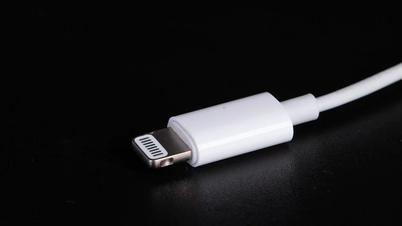
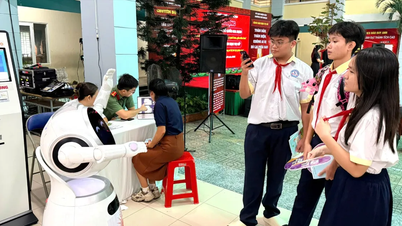



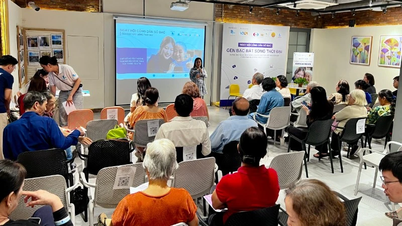
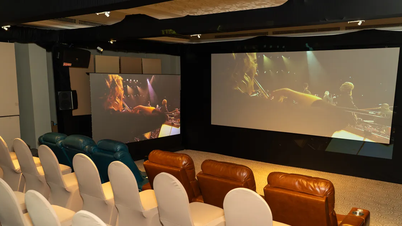






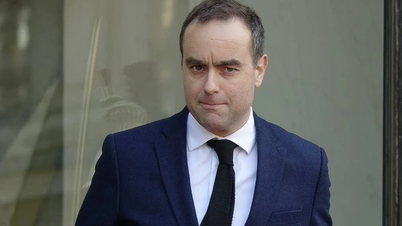

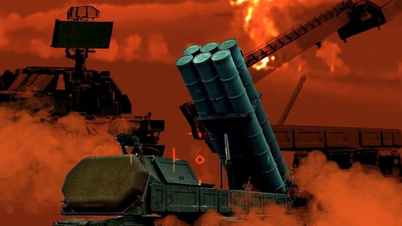

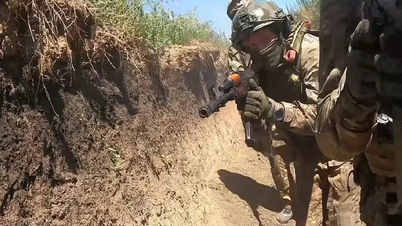








































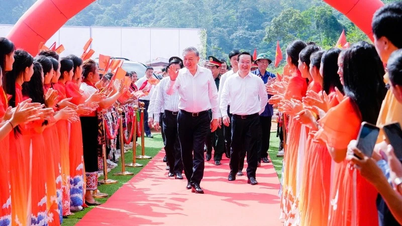



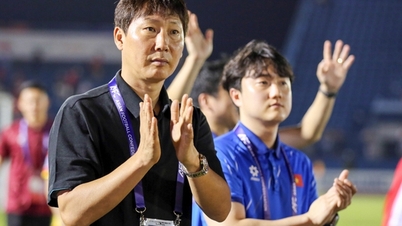

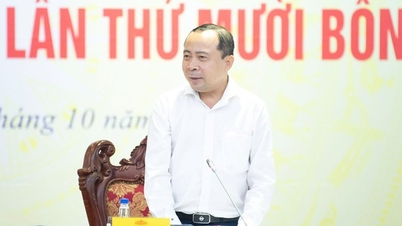


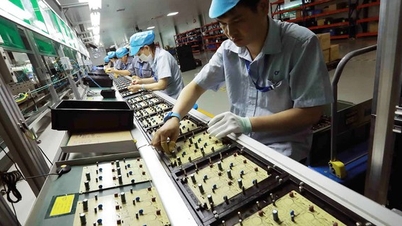
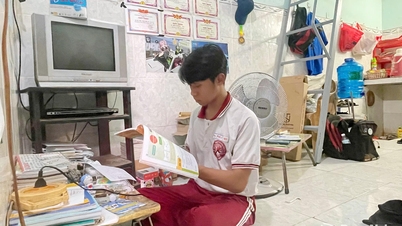



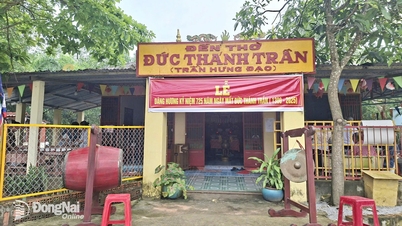


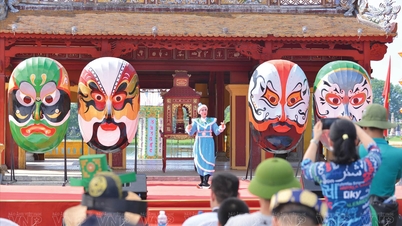

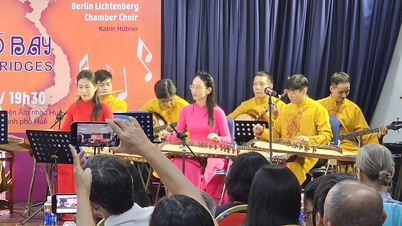















Comment (0)